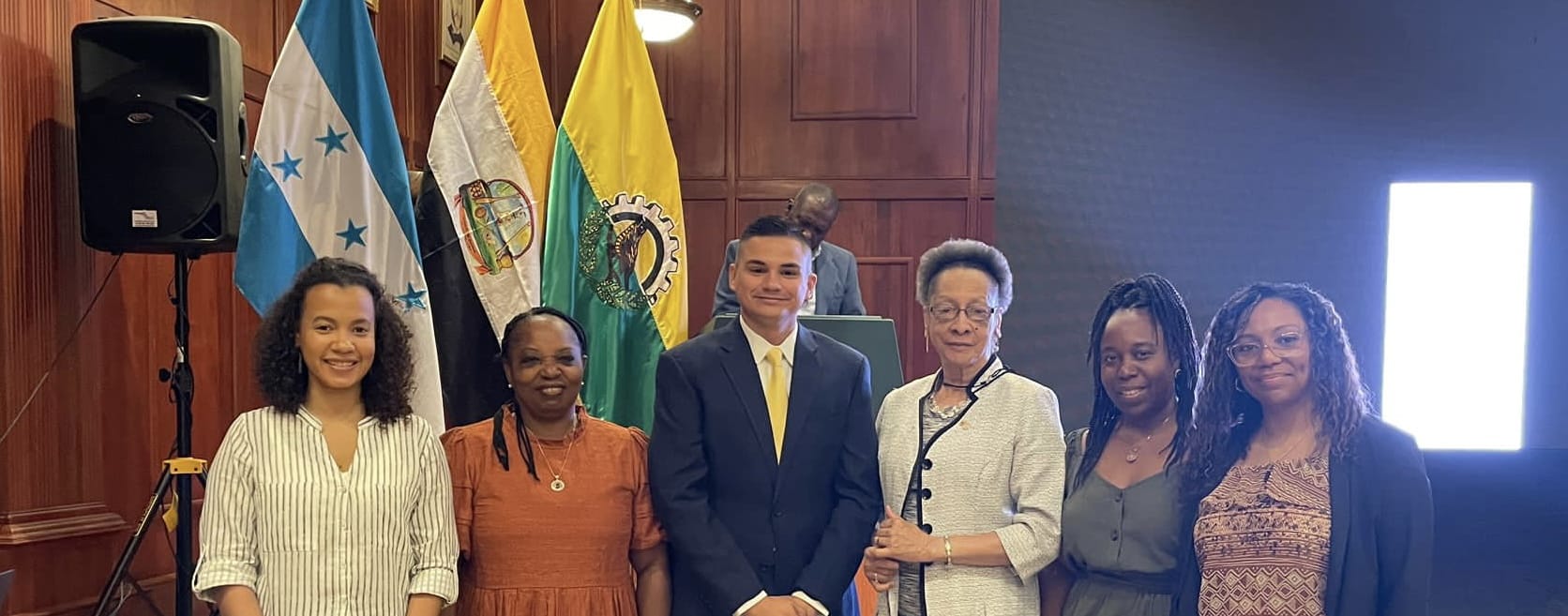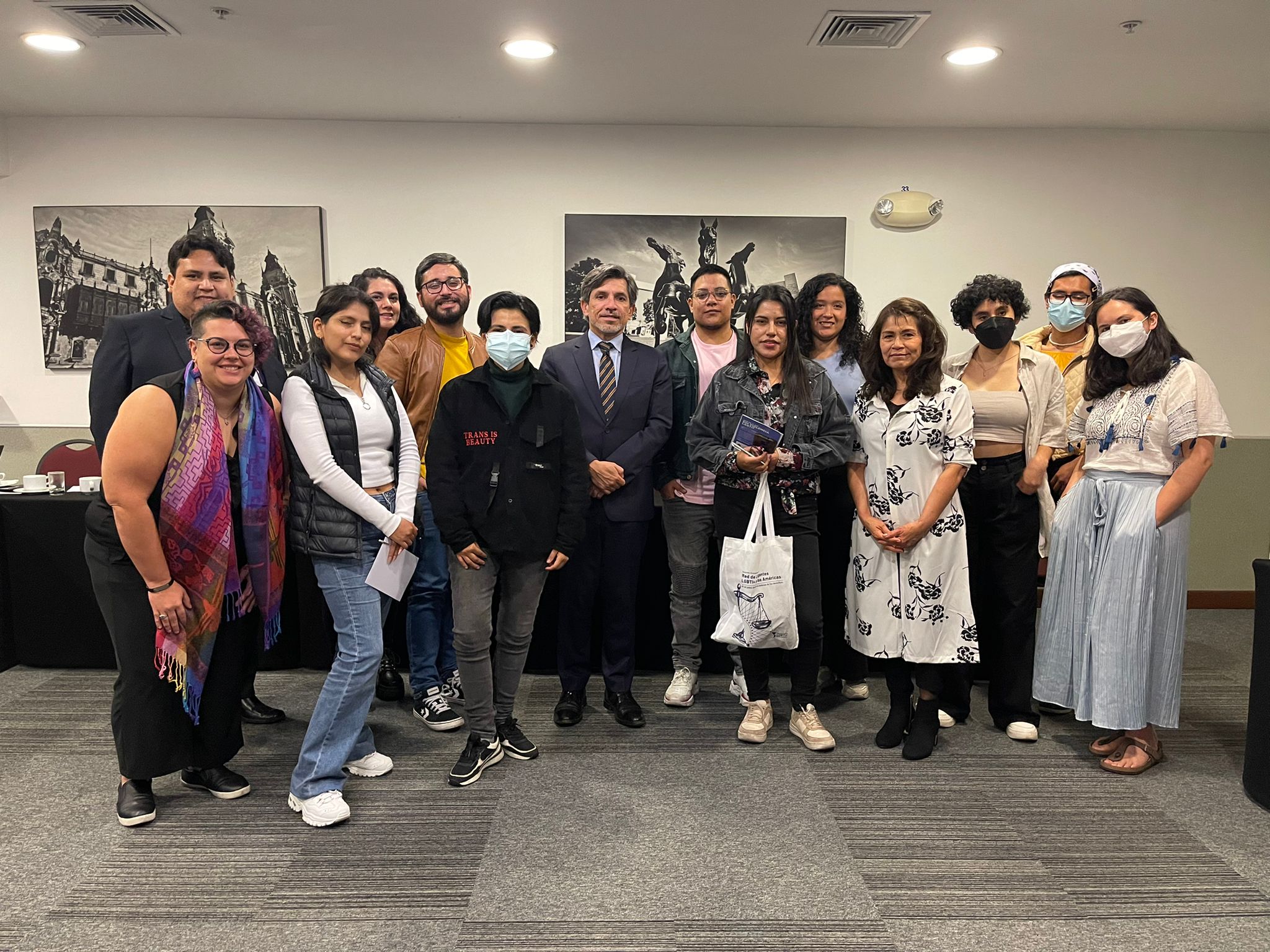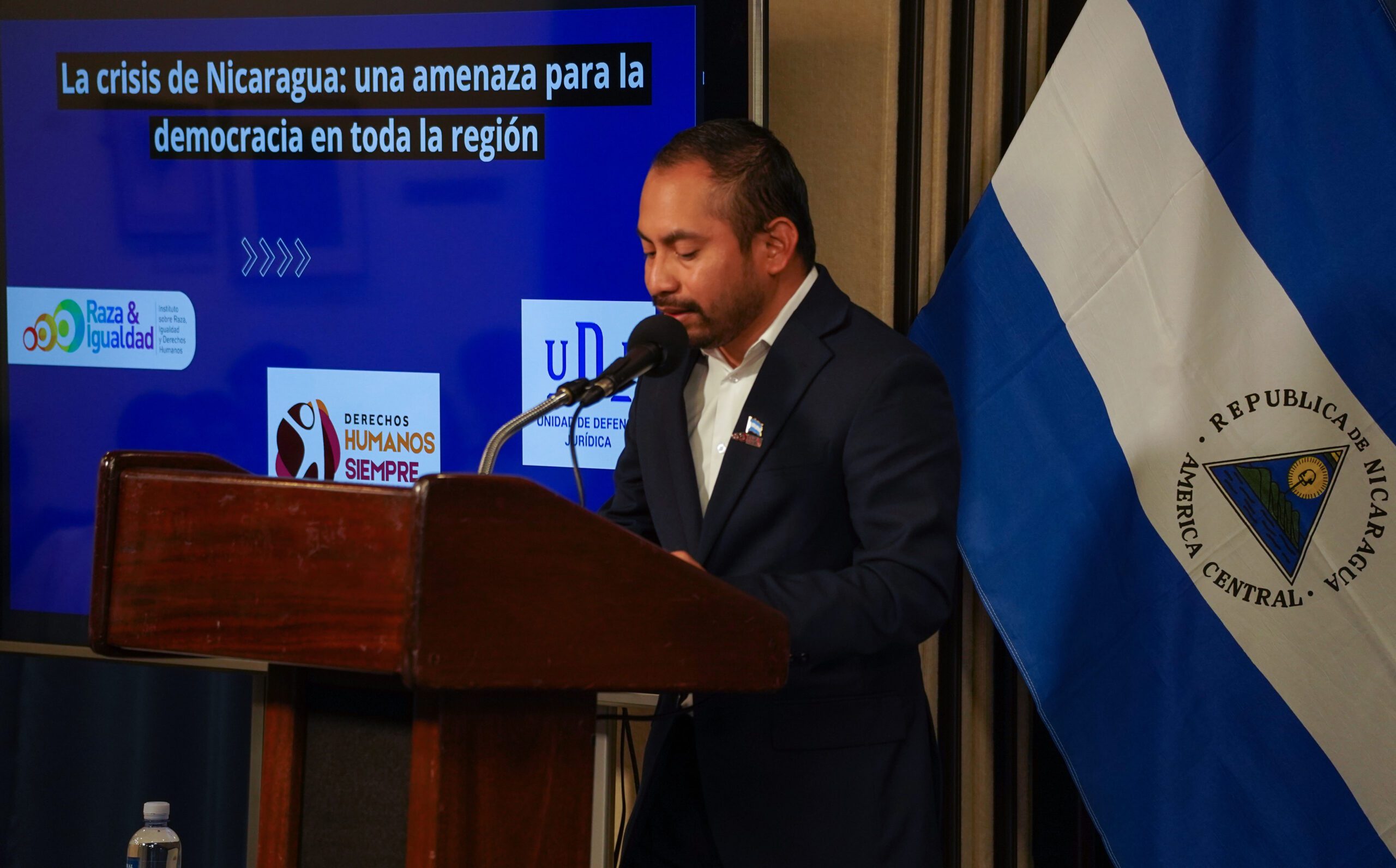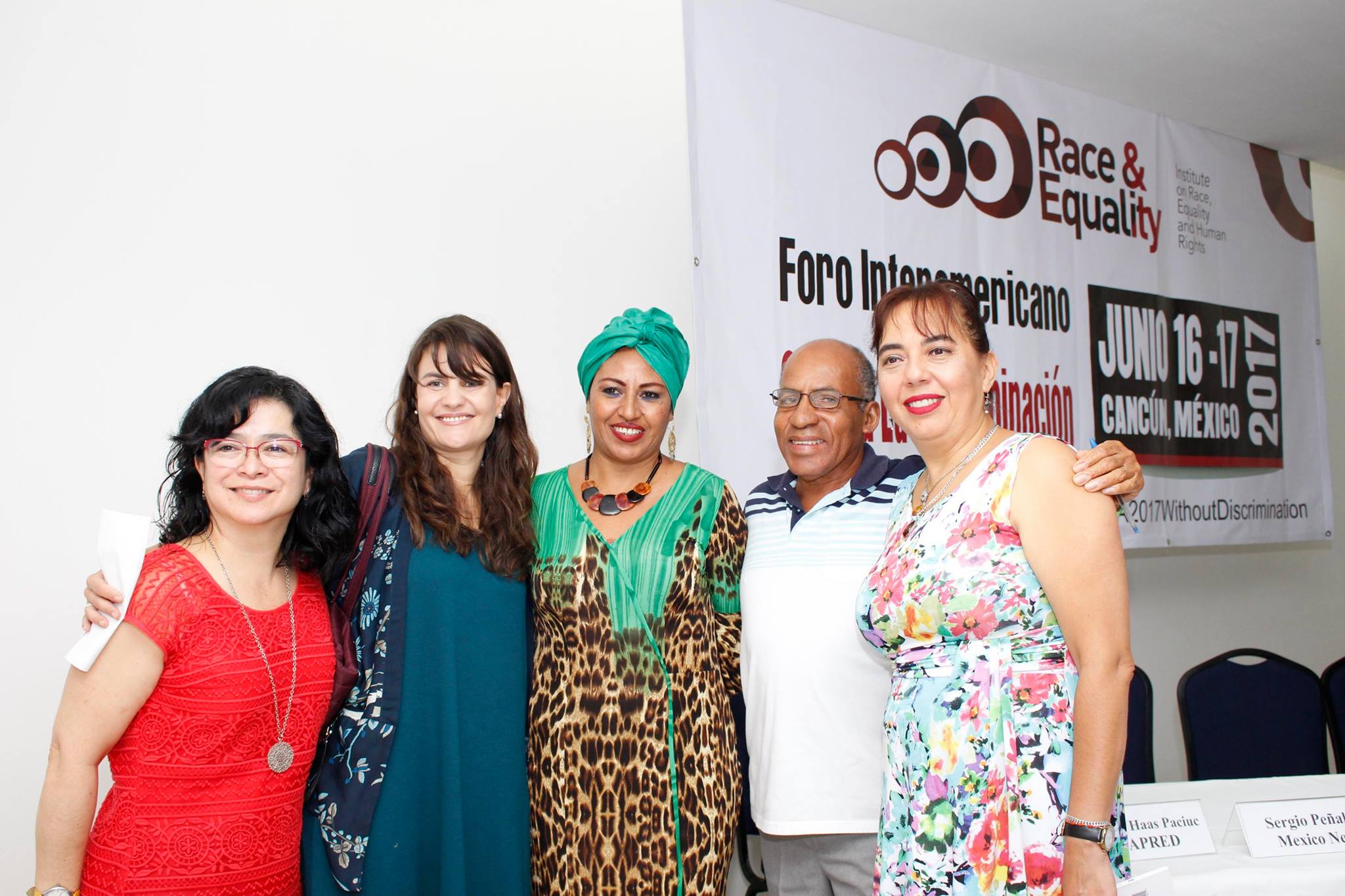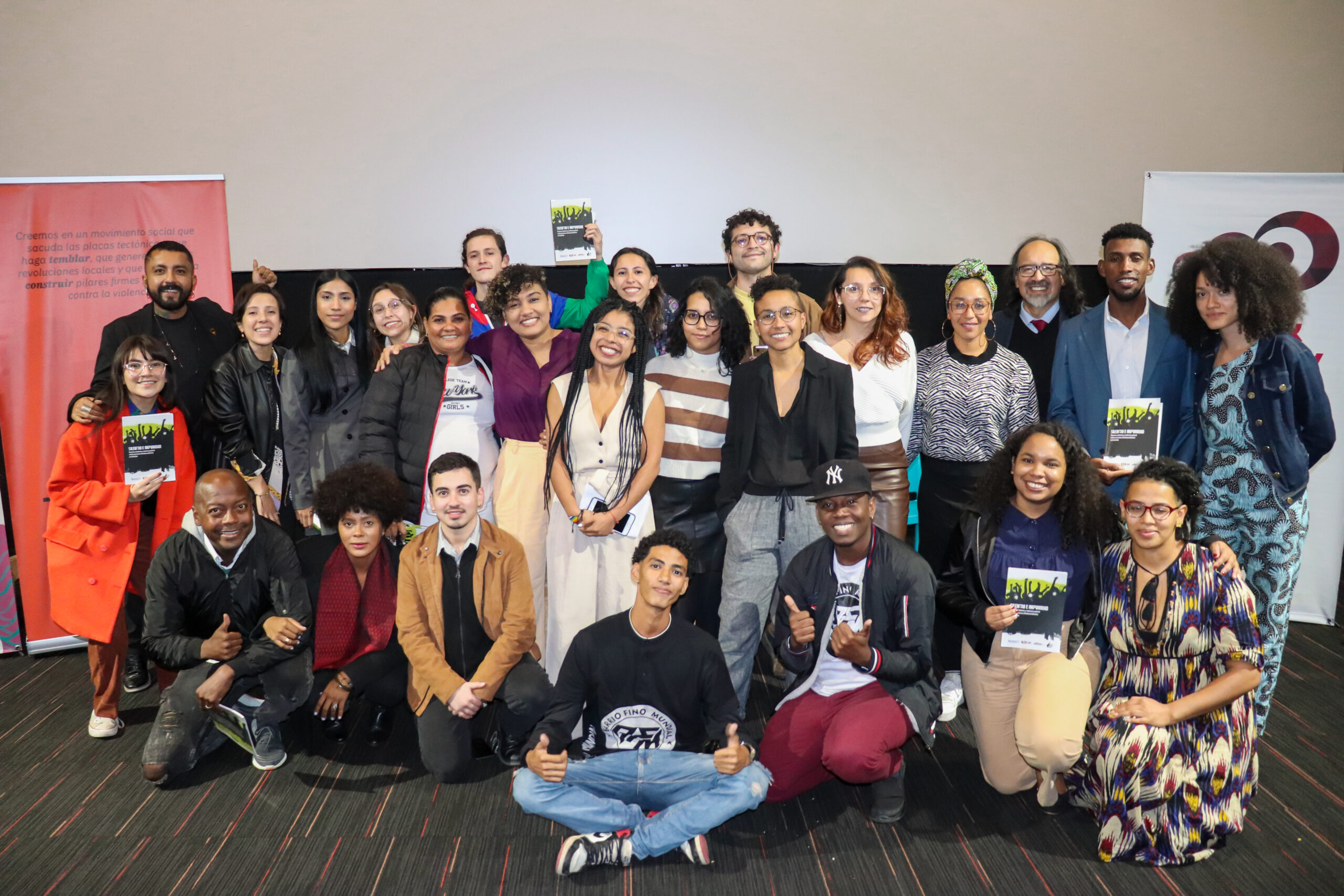Honduras
The Institute on Race, Equality and Human Rights works to promote racial, ethnic and gender equality for Afro-descendant, indigenous and LGBTI+ communities, a unique approach among international human rights organizations.
We work with Afro-descendant and LGBTI+ organizations in Honduras and with a wide range of organizations working to combat racial discrimination and discrimination based on sexual orientation and/or gender identity in Latin America.
Our work in Honduras
The Afro-descendant population of Honduras is made up of Afro-descendants and Garifuna. According to historians, the Garifuna population goes back to descendants of the Carib, Arawak and West African peoples, who in 1635 arrived on the Caribbean island of St. Vincent in two shipwrecked vessels carrying African slaves. Upon arrival, they were welcomed by the Carib and Arawak peoples and over the years, created their own culture with language, music, and other traditions.
In the present day, these populations face marginalization and suffer the highest levels of poverty in Honduras. A State abandonment is made evident by the lack of infrastructure and health services, among others, to respond to the needs of their communities, in addition to the increase in violence in their communities. Many of their human rights activists/defenders have been killed or disappeared for defending their lands and, in many cases, their young people are targeted by police or drug traffickers. In September 2020 reports stated that between 2019 and 2020 around 32 Garifuna were killed in Honduras – in some cases, by men dressed in police uniforms.
For this reason, Race and Equality is working with the Central American Black Organization (ONECA) to strengthen the capacity of Afro-descendant and Garifuna organizations to promote racial justice in Honduras, through training, documentation and strengthening the work of advocates in racial litigation.
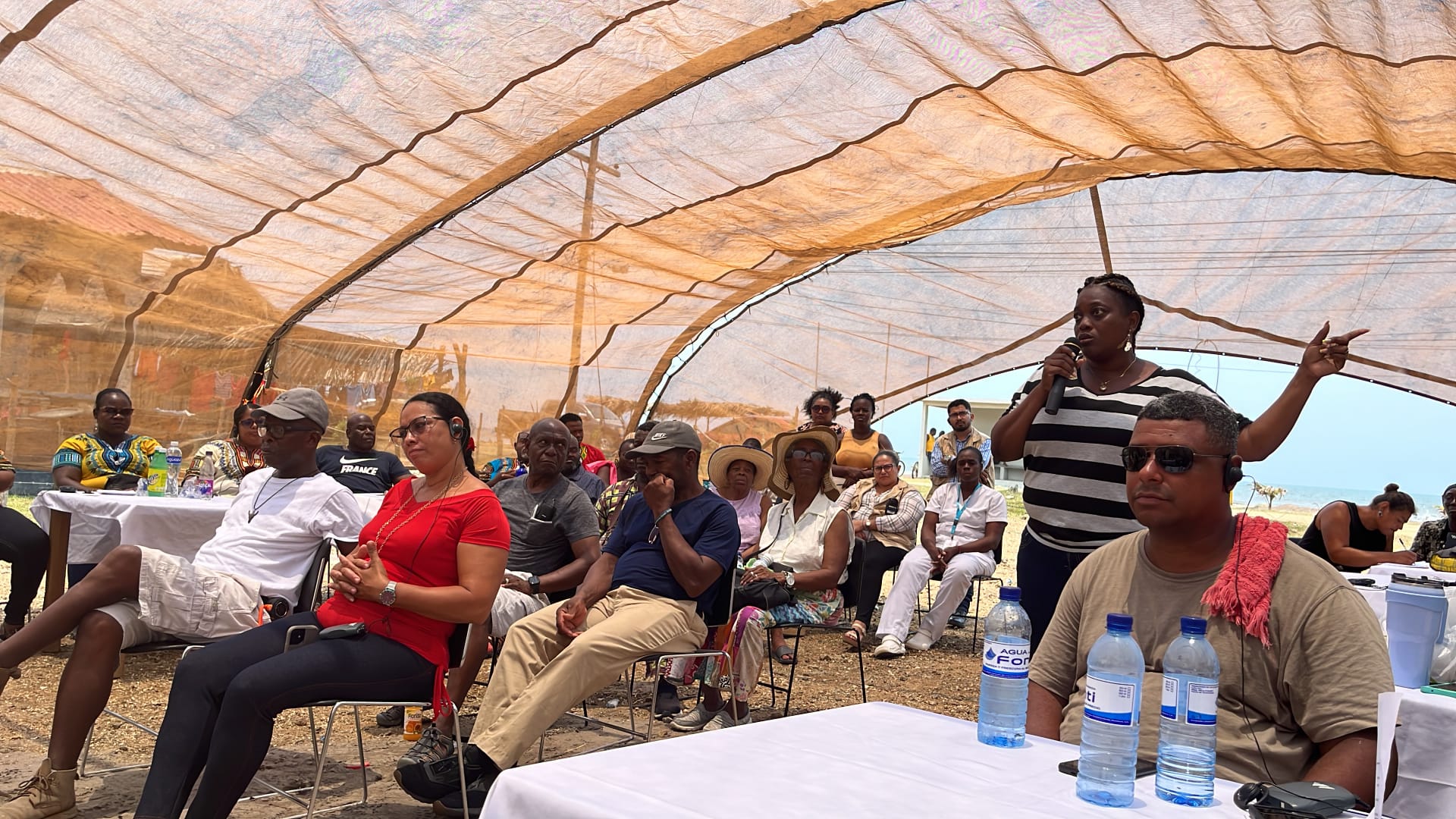
Our Achievements
Race and Equality provides training, technical assistance and conducts political advocacy on behalf of partners and leaders to strengthen their capacity to actively participate in regional advocacy in:
- The OAS General Assembly
- The Summit of the Americas
- The Inter-American System for the Protection of Human Rights
As well as the international avenues of the United Nations:
- The Committee that monitors the Convention on the Elimination of All Forms of Discrimination (CERD).
- The Committee that monitors the Convention on the Elimination of All Forms of Racial Discrimination against Women (CEDAW).
- The Expert Mechanism to advance Racial Justice and Equality in Law Enforcement (EMLER).
- The Permanent Forum on People of African Descent (PFPAD).
Finally, at the regional level, we seek to promote the signing, ratification and effective implementation of the Inter-American Convention against Racism, Racial Discrimination and Related Forms of Intolerance (known as CIRDI). We continue to work so that our partners implement in practical terms the contents of these tools in order to envision and improve the reality of Afro-descendants in Latin America and the Caribbean.
